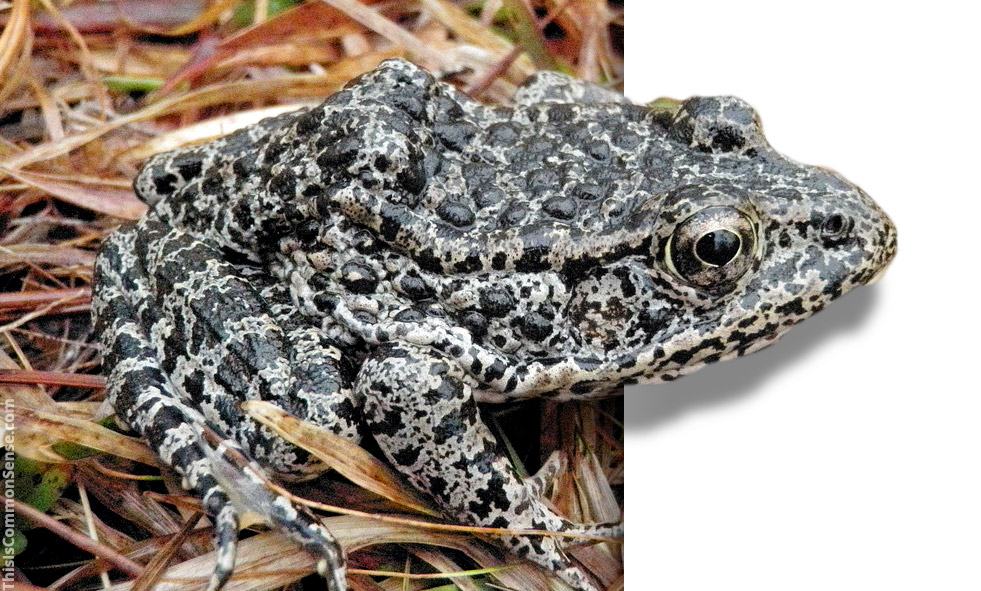When an assault on individual rights achieves a certain depth of irrationality, the Supreme Court is capable of common sense. Even unanimous common sense.
The 8 – 0 ruling in Weyerhaeuser v. U.S. Fish and Wildlife Service pertains to the desire of the U.S. Fish and Wildlife Service to designate over 1500 acres of Louisiana land a “critical habitat” of the dusky gopher frog. The designation means that owners may not develop the land that they own in even the simplest ways without consulting with/begging permission from bureaucrats.
If a property owner has an actual right to his own property, the government cannot properly commandeer even one square inch of it to appease Lithobates sevosus. Give the creature a YouTube video and leave it at that.
But sevosus doesn’t even inhabit the so-called “critical habitat.”
The frog is not on the property!
This fact enabled Chief Justice John Roberts (not always clear on the meaning of words) the chance to emphasize that words have meaning. “According to the ordinary understanding of how adjectives work, ‘critical habitat’ must also be ‘habitat,’” Roberts clarified. “Only the ‘habitat’ of the endangered species is eligible for designation as critical habitat.”
Concurring, pundit George Will says that the decision represents “a recuperative moment for the court” and delivers “a chastisement of the administrative state, the government’s fourth branch, which is one too many.”
Is this ruling as thoroughgoing as it should be? No. Nevertheless, the decision is surely a victory for minimal common sense. Of which we could use more.
And more, also, of maximal common sense.
I’m Paul Jacob.
Photo credit: US Department of Agriculture
» See popular posts from Common Sense with Paul Jacob HERE.


2 replies on “Property Rights vs. Absentee Frogs”
You are allowing yourself a fallacy which progressives desire regarding property rights. A true owner of reality has an exclusive right to the possession of the land, the subsurface and the air above, AND to do with it with it whatever best serves the owner’s purposes. Anything less is not true and full ownership.
Restrictions and uses by voluntary contractual agreements are permissible and commonly desirable. Restrictions by regulatory fiat and force are a taking, should occur only when absolutely necessary and must entail due process and just, market-level compensation.
If the government wishes to preserve this potential critical habitat then they fairly should buy it for a remuneration commensurate with its unique and special potential or pay a proper rent to its owner. I am sure that Weyerhauser is economically rational, even if the government is not.
Not sure what you mean per “You are allowing yourself a fallacy” because I agree with you that people have a right to do what they will with their land, as long as they do not impinge on the true rights of others (such as poisoning it in a way that allows the poison to leech over to your property, say).
That’s why I wrote this: “Is this ruling as thoroughgoing as it should be? No.”
This case is a “man bites dog” story in that the frog supposedly being protected wasn’t even on the premises. Even if the frog were present, the government has no right to dictate land use. But the fact that the frog wasn’t present illustrates the complete absurdity behind such property rights abuses.